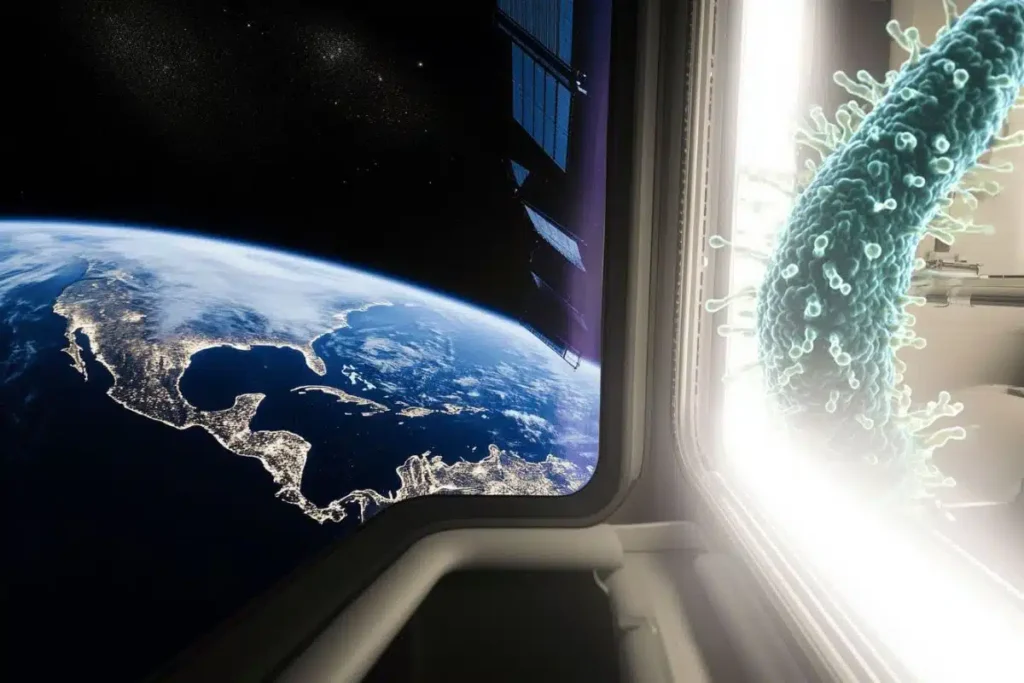In a groundbreaking discovery reminiscent of science fiction, Chinese astronauts aboard the Tiangong space station found a previously unknown bacterial species, Niallia tiangongensis, during routine sampling in May 2023. This microorganism, distinct from any documented on Earth, showcases remarkable adaptations to space conditions, particularly its ability to metabolize gelatin for essential nitrogen and carbon compounds while losing the capacity to utilize other energy sources.
The discovery arose from the China Space Station Habitation Area Microbiome Program (Champ), revealing a genetic connection to resilient soil bacteria, yet illustrating unique evolutionary traits suited to the harsh space environment. Factors such as elevated radiation levels and isolation from Earth’s microbial pools exert powerful selective pressures, accelerating microbial evolution in the Tiangong laboratory.
Potential health risks to astronauts are a concern, given Niallia tiangongensis’s genetic similarities with pathogenic bacteria. With implications for human health and operational safety, microorganisms like this can form biofilms that may compromise sensitive equipment, especially in future deep-space missions.
The finding parallels previous discoveries of resilient microorganisms in sterile environments, emphasizing the need for refined microbial management strategies as humanity explores beyond Earth’s orbit. As long-term missions to Mars and beyond are planned, understanding and harnessing the dynamics of cosmic microbiota becomes crucial to ensure mission success and safety amidst evolving microbial challenges.
Source link


